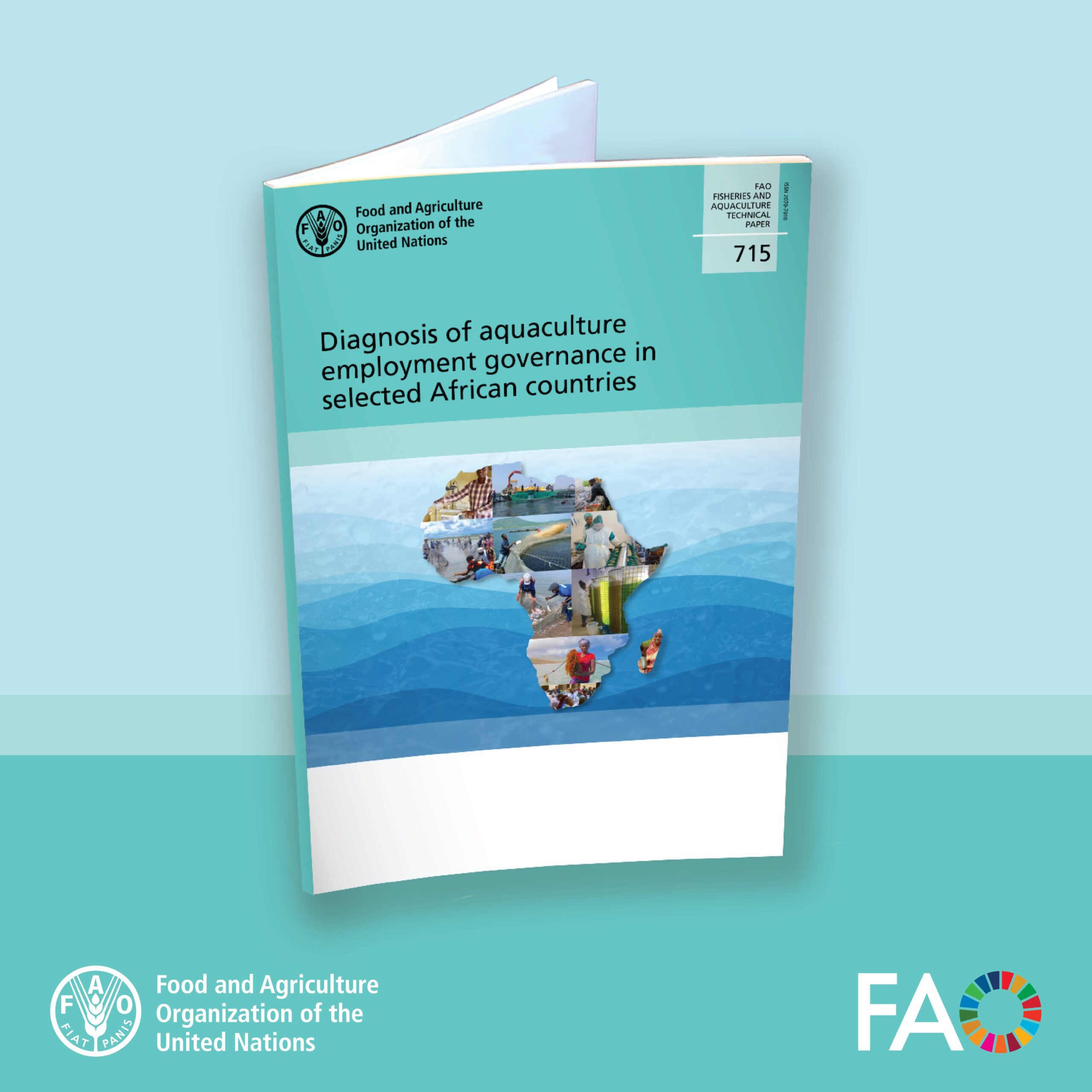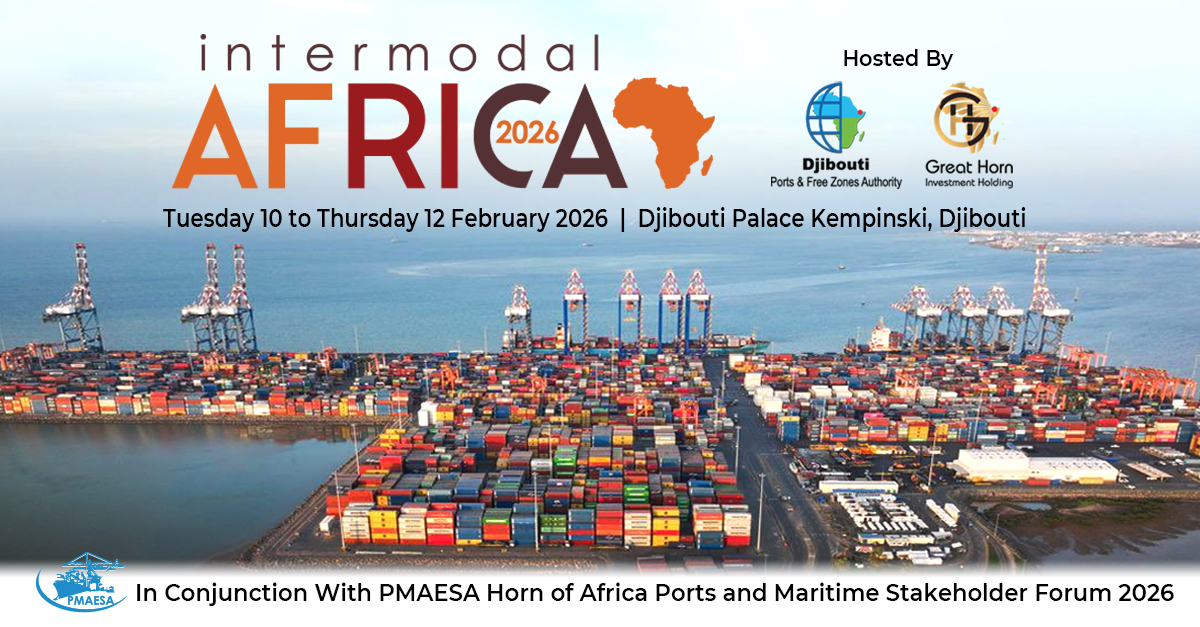Diagnosis of aquaculture employment governance in selected African countries
Many countries are promoting aquaculture as one of the prime drivers of the rural economy and the employment of women and youth. However, the industry is criticized for inadequately representing the needs of workers. Most African countries have shown a willingness to advance industry goals through domestic programme planning and facilitating foreign direct investment.
However, there is a need for coherent strategies for employment governance. Hence, immediate change is required to modify the governance of aquaculture employment to foster industrial transformation. The objective of this research is to enhance understanding of the governance of aquaculture employment in ten African countries (Egypt, Ghana, Kenya, Malawi, Nigeria, Rwanda, Senegal, South Africa, Uganda and Zambia) and to determine their level of compliance with existing employment legislation in those countries.
The ultimate goal is to learn from both positive and negative lessons and propose possible corrective measures for substandard practices in order to improve the public perception of aquaculture. The study seeks to evaluate existing employment governance in the aquaculture industry and to use the acquired knowledge to inform policymakers and industry leaders on the status of governance in employment.
The results of the study show that the types of governance vary by country, with hierarchical governance predominating at the public level and participatory governance most identified at the private level. The group of individuals employed in the aquaculture labour force is young and dominated by men. A large proportion of individuals surveyed had some higher education or completed high school.
In management and supervision, men’s participation is three times more than that of women. Aquaculture workers received at least the minimum pay with additional bonuses. Women’s pay was comparable to that of men, and expatriate pay was based on skill, experience and training. There was an absence of social dumping and forced child labour. Benefit packages varied by firms. There was also a lack of integrated planning, communication, adequate research, training and insufficient consideration of the different ecological and management scales.
Many laws and codes of conduct of aquaculture employment exist under the mandates of multiple ministries, but there is no critical examination of these regulations to verify whether these laws or codes of conduct are appropriate for aquaculture. Legislative enforcement is also weak or absent. Almost all enterprises surveyed were compliant with the regulations in force at the various ministries. There was no clear-cut information from which the ministries organized and managed the employment process.
Governments should compile all regulations and create a guide for employers to enable transparency, accountability, predictability and equity in employment. This will help improve good governance and foster sustainable development in aquaculture. Governments must establish employment sector specific rules and regulations, including those in the aquaculture sector.
To download this document, click here






